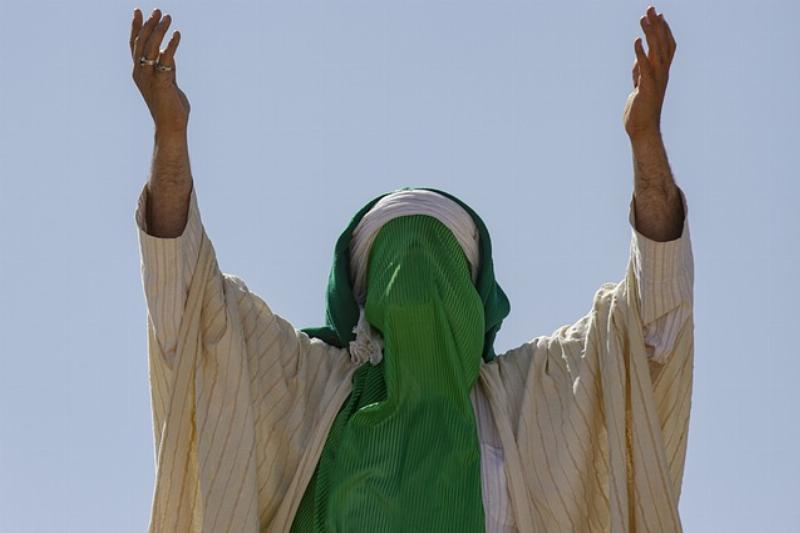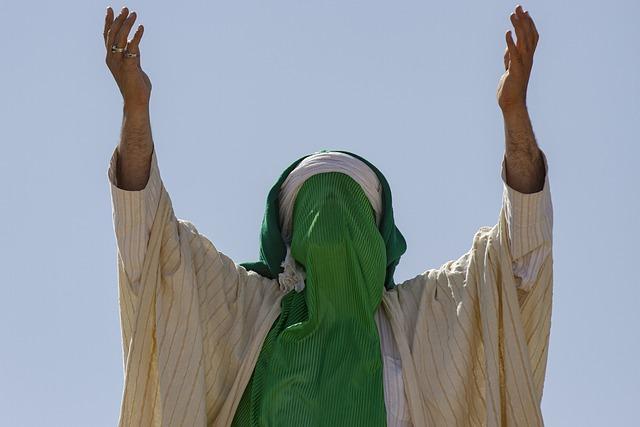


The Apostles knew what they were getting when Jesus told them, “Peace I leave you, my peace I give you.” But it remains unclear what exactly Israel and the U.S. will get if a peace agreement is hammered out with Hamas. As negotiations get underway to resolve this, historic reflection is key to understanding the answer.
President Donald Trump was smart, in submitting his 20-point peace plan to Hamas, to give them only a very short response time. The terrorist group’s acceptance of two major terms of the plan has given the Free World a ray of hope for a Gazan peace that will end the war between Israel and Hamas. The terrorists were motivated to respond quickly as Trump made it clear their failure to do so would unleash an Israeli invasion of Gaza aimed at wiping out the last Hamas remnants. An atypically quick response by Hamas was triggered, although it was an incomplete one.
Hamas has agreed to the release of Israeli hostages, both dead and alive in accordance with Trump’s proposed timetable, and to the transference of the administration of Gaza to Palestinian technocrats. However, it was silent on other important terms such as disarming. Accordingly, additional negotiations are underway. Adding pressure to any decision by Hamas is the fact that the foreign ministers of eight Muslim states have endorsed the plan.
Meanwhile, Trump has called for Israel to stop bombing Hamas targets to give negotiations a chance. The terrorist group clearly has an interest in dragging these discussions out so Trump needs to keep the pressure on it to be responsive on the remaining terms. Israel’s military is momentarily caged, at Trump’s request, but is prepared to pounce upon the terrorists on a moment’s notice, which should move negotiations along.
However, while the West is encouraged by the Hamas response to Trump, we cannot ignore what Islamic history and the religion’s holy book—the Quran—tells us. We must remain very cautious about blindly accepting the belief Hamas is “ready for a lasting peace” as Trump suggests. To appreciate this, we must reflect upon the difference between how the West views peace and how Islam does.
Trump clearly is applying a Western peace standard—i.e., a permanent and strategic goal or lasting peace as he has described it. However, traditional Islamic jurisprudence applies a different standard in its peace agreements with enemies. Called “hudna,” such an Islamic peace is only a temporary state—with but a single goal in mind. That goal is to use the peace agreement solely to buy Muslims additional time to reverse the obviously weakened state they are in—one that forced them into accepting a peace agreement in the first place—but only for the purpose of rebuilding their offensive capability to be able to strike out at their enemies another day.
Hudna has a basis both in the Quran and the Sunnah (the sayings and teachings of Muhammad). Islamic history tells the story of the 628 CE Muslim treaty of Hudaybiyyah, during Muhammad’s lifetime, negotiated with the Meccan tribe of Quraysh, as a necessary evil for a weak Muslim force. Muhammad had to embrace a treaty that initially prevented his followers from entering Mecca, but did so in order to regroup and rearm his men.
In a nutshell, hudna is basically a ceasefire, allowing it to be revoked when it becomes more beneficial for Muslims to resume the conflict. While the Hudaybiyyah Treaty was to last ten years, it was broken after only two.
There are two additional bars preventing a lasting peace with Hamas.
First is Islam’s belief the world is divided into just two parts—“Dar al Islam,” meaning that part of the world that is peaceful as it is already ruled by sharia, and “Dar al Harb,’ meaning that part of the world that is at war because it is not yet ruled by sharia. This Islamic belief obligates followers to convert Dar al Harb into Dar al Islam. Thus, the bottom line is that conflict between Muslims and non-Muslims is eternal, unless Islam changes.
Second is the 1988 Hamas Covenant that gave rise to the terrorist group. It calls for implementation of its core ideology which is an eternal jihad against Israel and the West. Obviously, any lasting peace with Hamas is again impossible unless this too changes or is abandoned. However, violence against Israelis remains the clarion call by which one generation of Arab Palestinians after another seeks to eradicate Israel, and eventually the West, in pursuit of Dar al Islam.
There are still some major issues to be worked out in the negotiations with Hamas. However, the West is foolish to truly believe a lasting peace in Gaza is possible. Absent the total eradication of a terrorist group that lives off the blood of Jews and other non-Muslims by conducting acts of violence unfortunately sanctioned by its religion, a lasting peace simply will not happen.

Image: Free image, Pixabay license.
